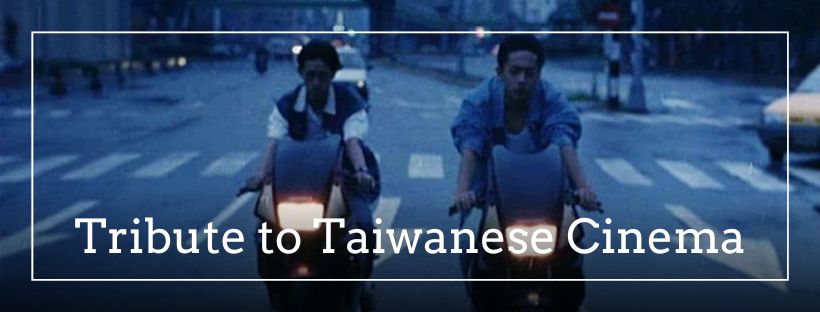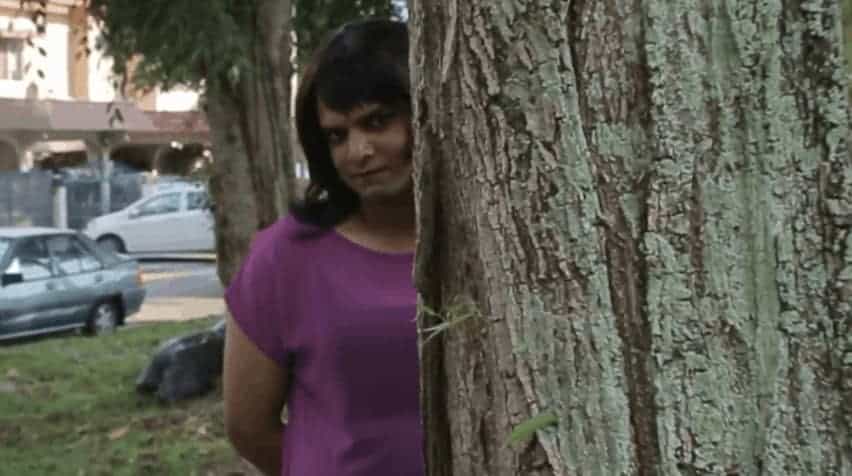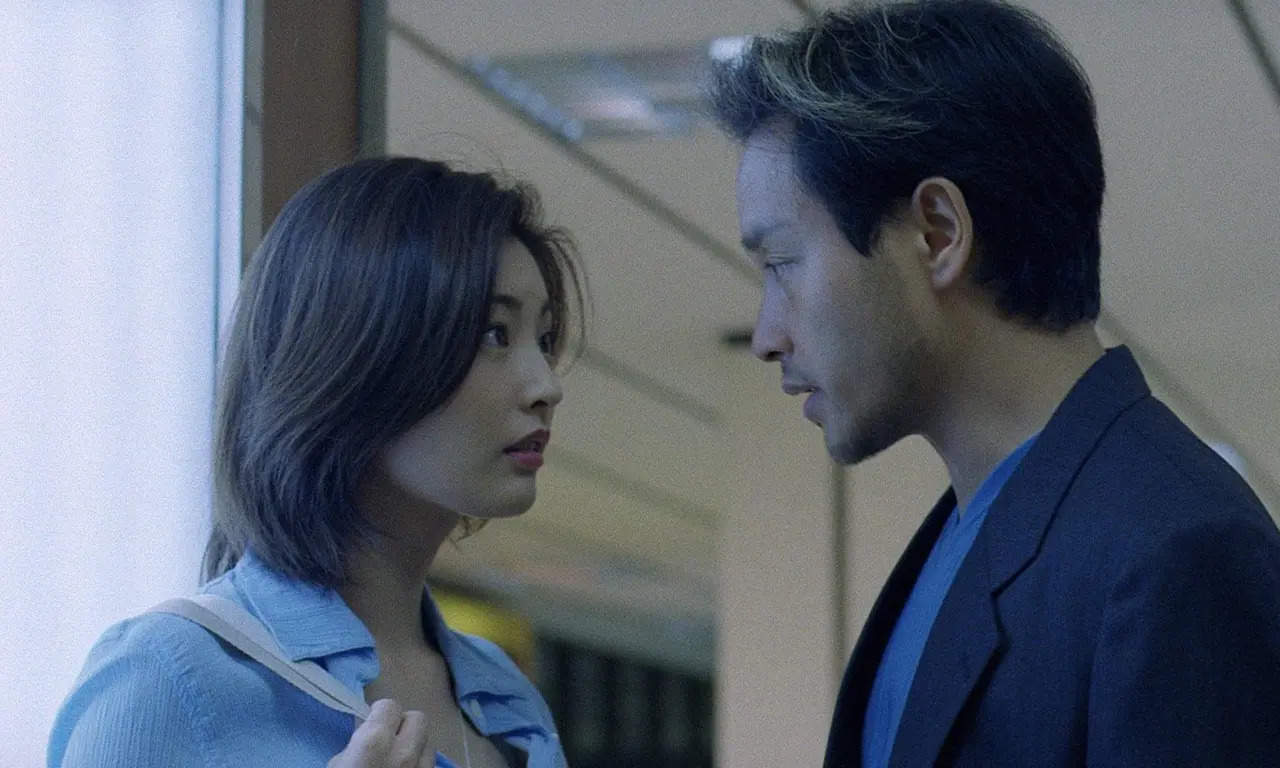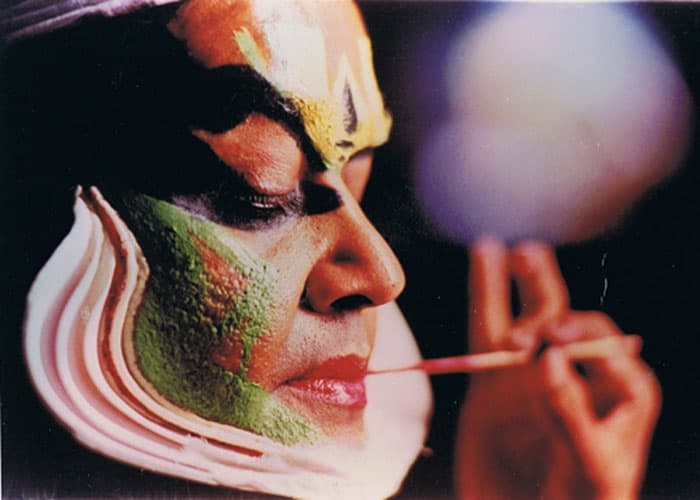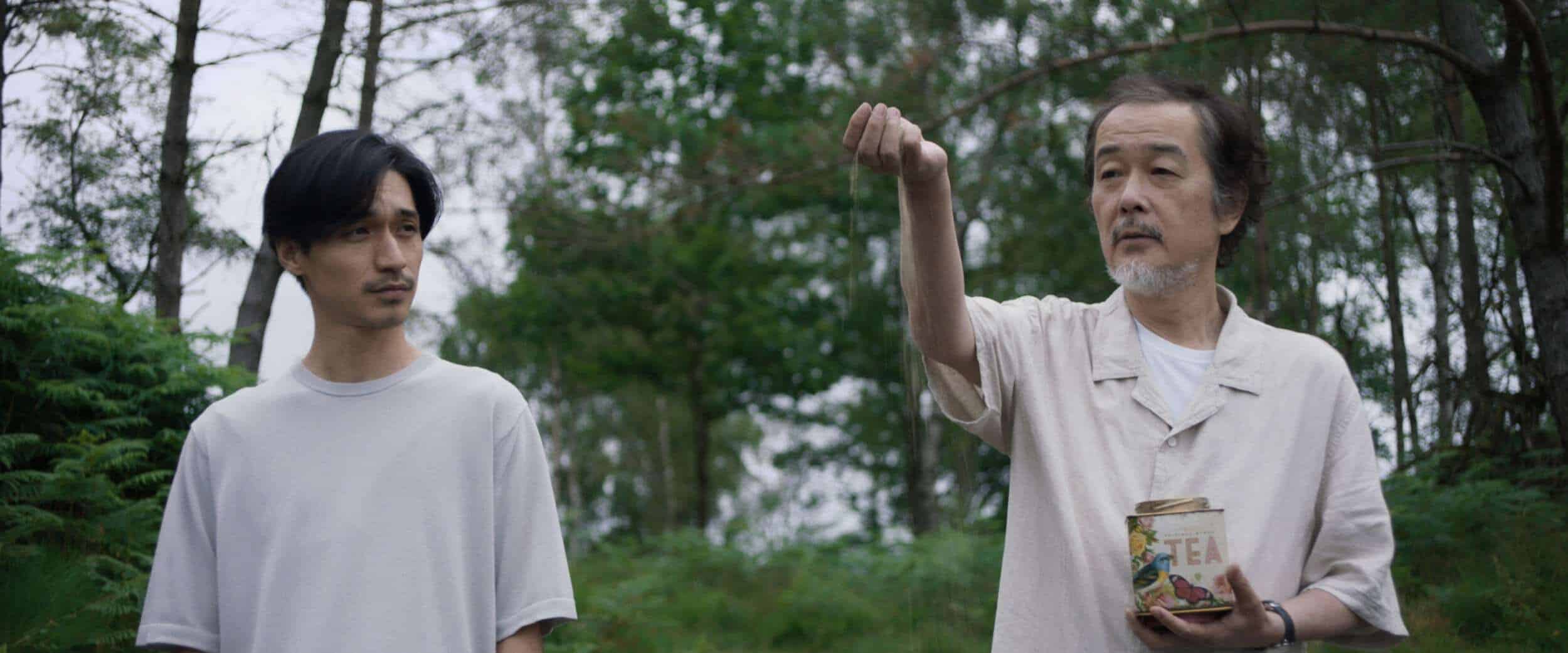Social inequality might be considered “a tale as old as time”. No matter the century or year, its intricacies intrigue the creative industry, from literature to cinema. After all, equality still represents an unattainable goal. But to face such a topic, one should also be able to question their own sense of morality. And ‘Old Fox' by Hsiao Ya-chuan, winner of four Golden Horse Awards, is an evocative journey that challenges us to question our present by looking at the past.
Old Fox is screening at San Diego Asian Film Festival Spring Showcase

Set in the late 80s, the film tells the story of 11-year-old Liao Jie (Bai Run-yin) and his father Liao Tai-lai (Kuan Ting-Liu). Father and son live in poverty, as Tai-lai is only a waiter and the sole provider. While skimping on clothes, gas, and everything else needed, the father hopes to save enough money to fulfill his late wife's dream: open up a hair salon. He is an honest worker and hopes to raise his son the same, but everything changes when Jie befriends Boss Xie, known as “Old Fox” (Akio Chen). Xie is their cunning landlord, who wishes on his part to transform the young kid into a money-hungry tycoon. Meanwhile, Jie tries to convince the Old Fox to sell his father an apartment to transform into a hair salon. Instead, he receives life lessons about being ruthless with the weak.
In a damp and rainy Taiwan, Jie is torn between Old Fox's give-and-take mindset and his father's empathetic principles. Since both adults come from the same economic situation, the little boy feels more confused about which path to choose. To this extent, a coming-of-age story comes together, where the young protagonist must realize where his sense of morality stands.
Throughout the story, the film deconstructs the fundamentals of power and greed. It's not difficult to fall into the trap when one has nothing. And richness looks inviting when being a naive, struggling kid. Especially if facing the tired eyes of one's hardworking father and dealing with everlasting guilt at such a young age. On the one hand, Jie wishes richness could be the simplest answer, a quickly attainable means to feel secure and calm his father's sorrows. But on the other, the hustle dream might fade away by maturing since inequality isn't “a map to show the way to win” anymore. By doing so, Jie's character presents himself as multi-faceted, as he's torn between two convincing paths, worrying the viewer about his final choice the whole time.
The film mixes nostalgia and modernity, partially recalling old Hong Kong films about crime and hustle. Chen, Bai, and Kuan effortlessly combine the impressive performances of three generations. As a result, they perfectly depict the story's view on the importance of time. Despite paying attention to numbers and dates, the film never forgets to move forward and not fall victim to the cold pragmatism of hustle movies. Hsiao's work enhances the importance of one's emotions and the necessity of making space for empathy. In the meantime, it is accompanied by a perfect choice of music. Here, it works as a nostalgic symbol and a cinematic homage to the movies it is inspired by, especially when Tai-lai plays the saxophone in the background. But compared to its inspirations, this contemporary reading is not as bittersweet.
Moreover, the director's approach almost looks naive, as it successfully recreates the perspective of a dreamy kid in search of a bright future. While doing so, it paints comfort in the saddest images. But in the meantime, the young boy manages to keep his feet on the ground, as he tries to maintain his sense of morality alive. In fact, despite the dreamy imagery, “Old Fox” never romanticizes neither poverty nor richness. There's no need to, as it's all about growth: the viewer has to learn and wander along the main character thanks to an attentive script that gives space to questioning and sensitivity.
Hsiao lays the narrative foundation around morality, but its approach is far from moralistic. In light of social inequality, he impressively depicts a story that invites the audience to question themselves. Should one follow the steps of a loan shark or try to do their best to survive? As said before, it's a tale as old as time. And, in fact, through this contemporary perspective set in the past, one sadly realizes that today nothing has changed. Nonetheless, it leaves no space for helplessness as a choice inevitably has to be made at some point. Thanks to the attentive screenwriting and directing, the success of “Old Fox” does not come as a surprise.



